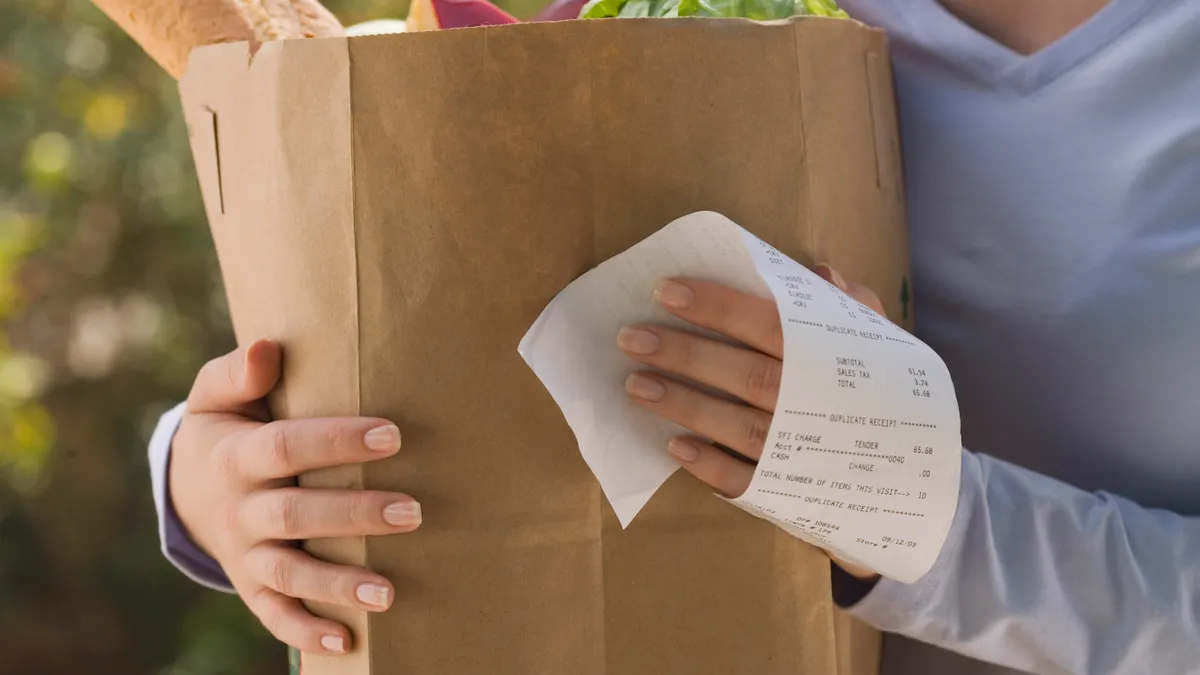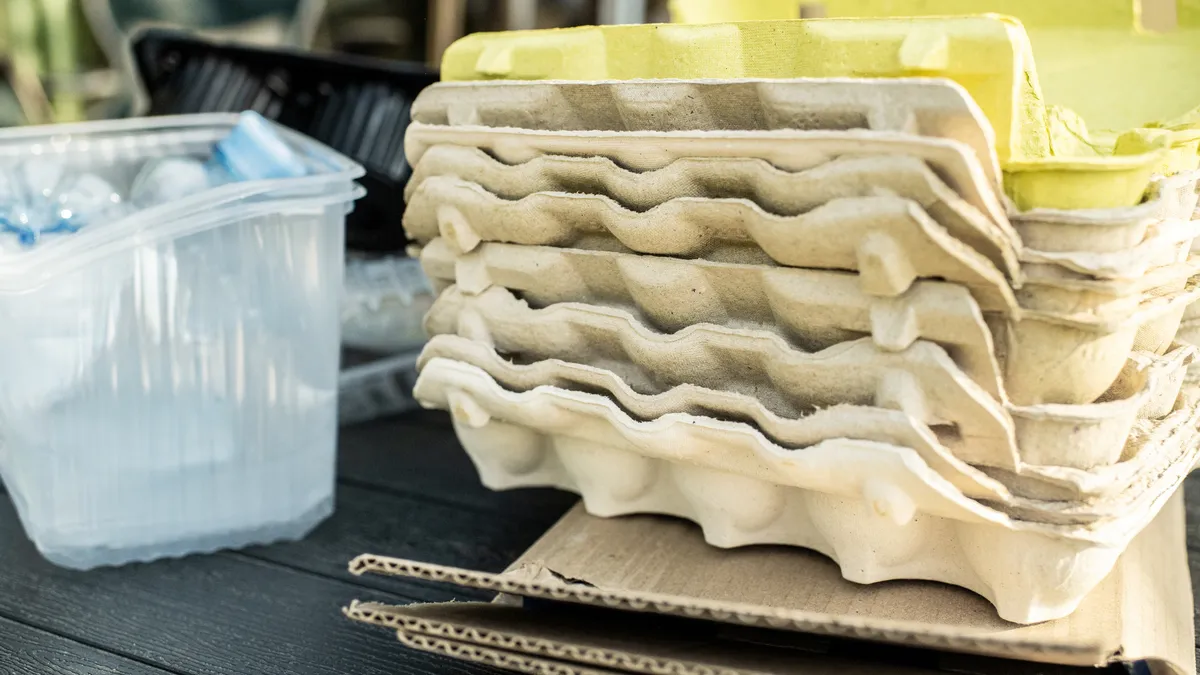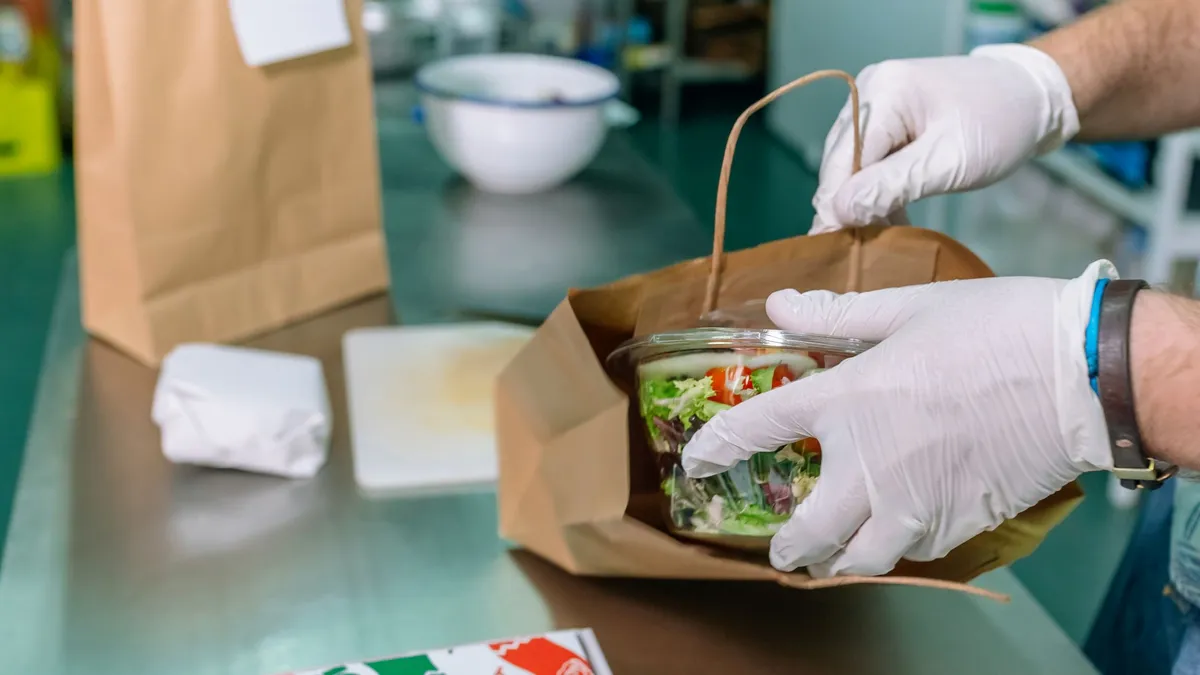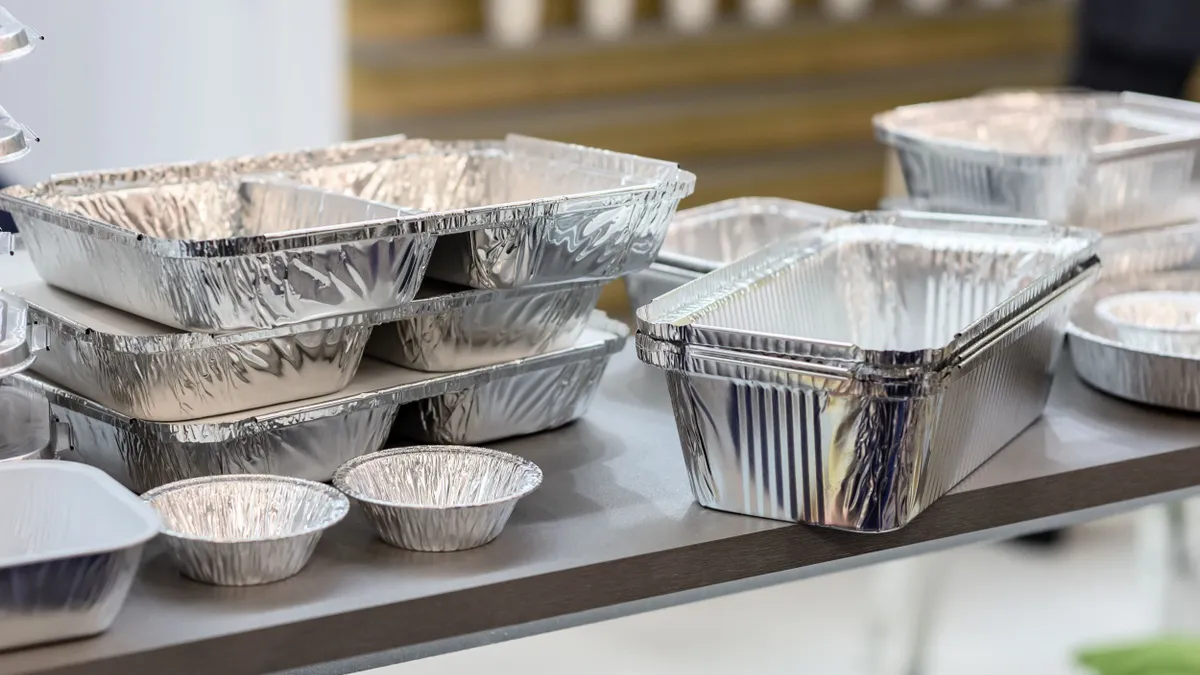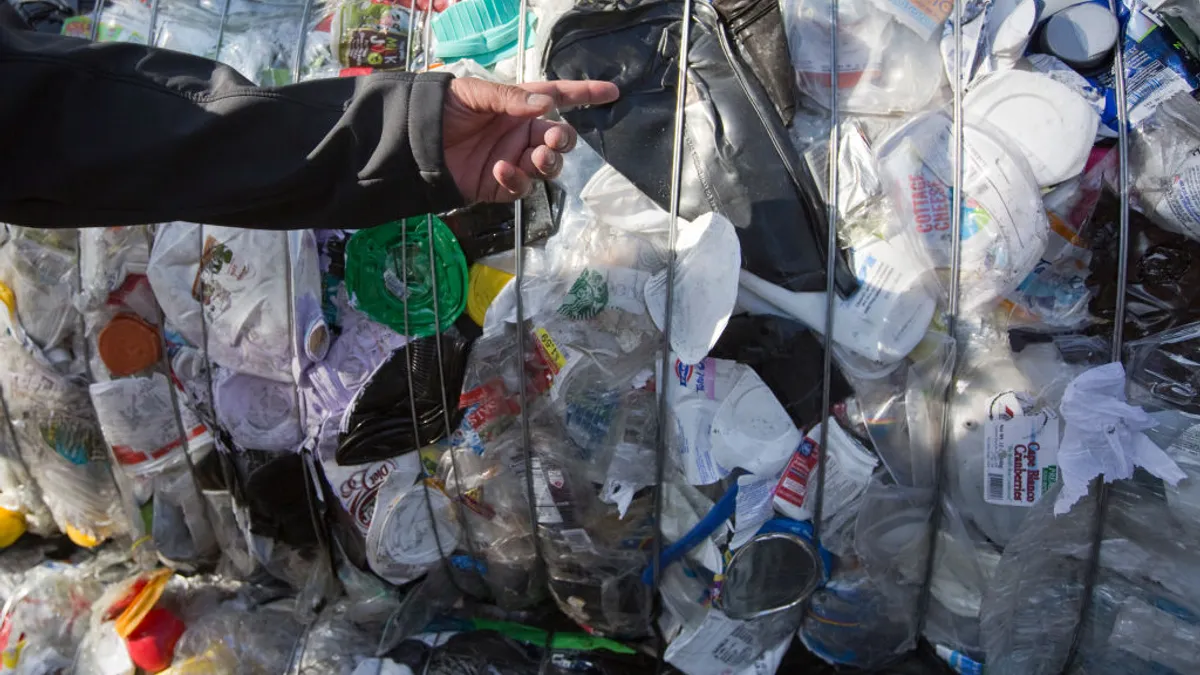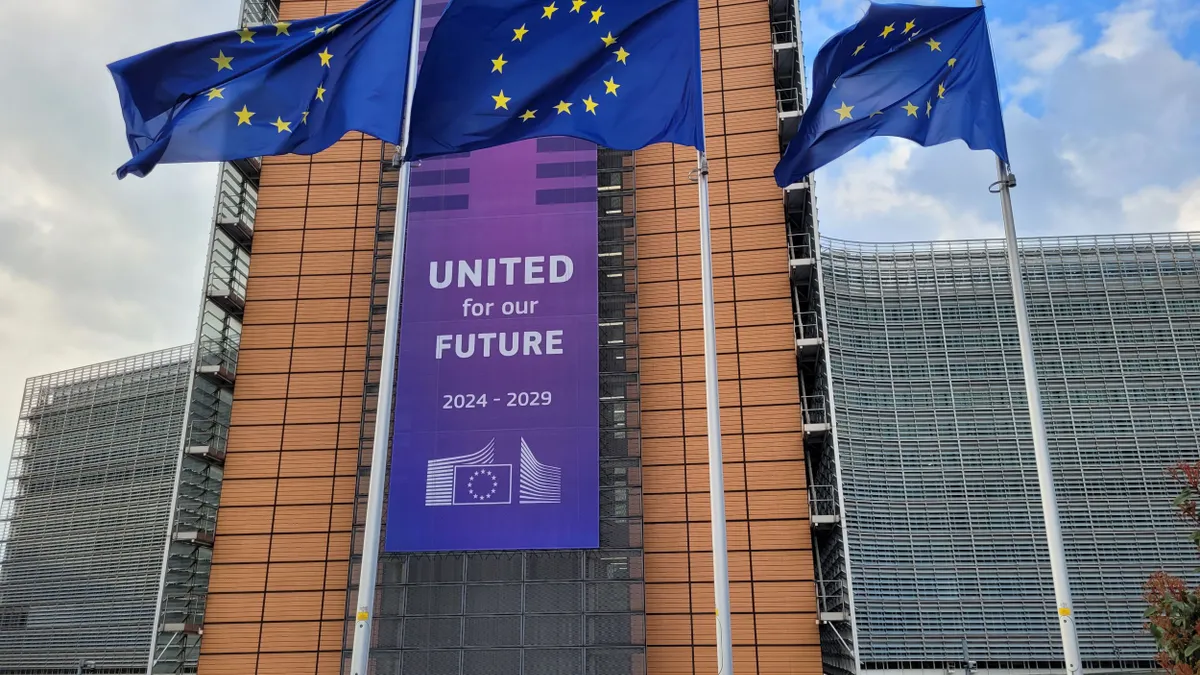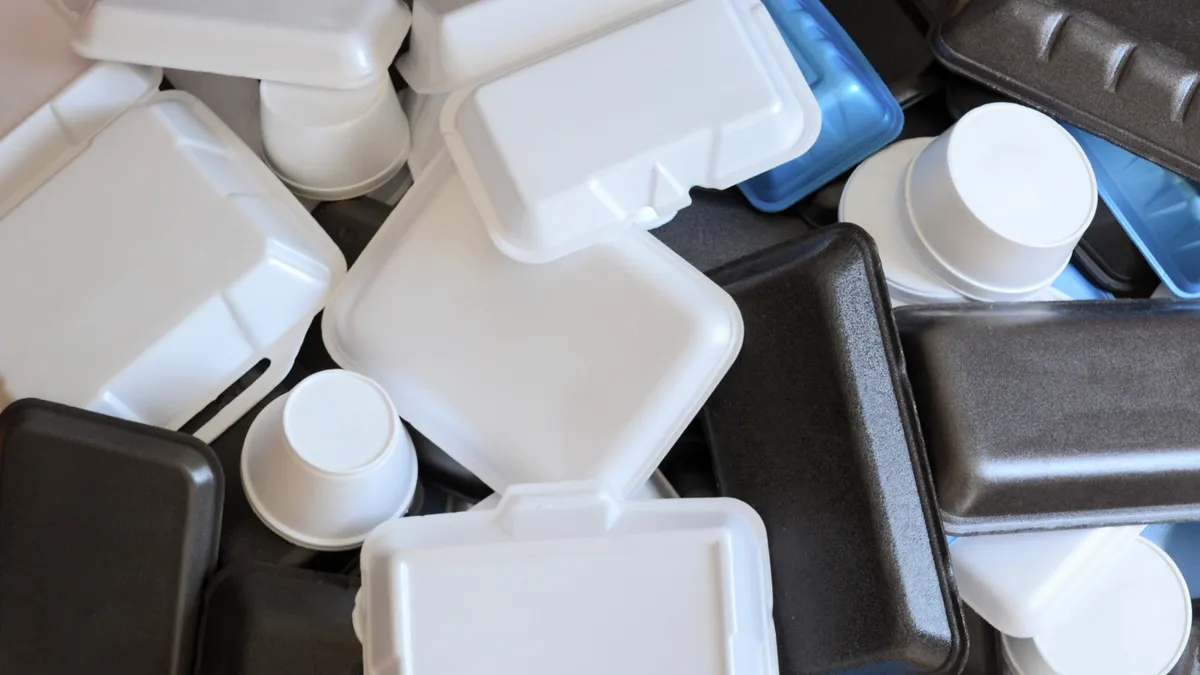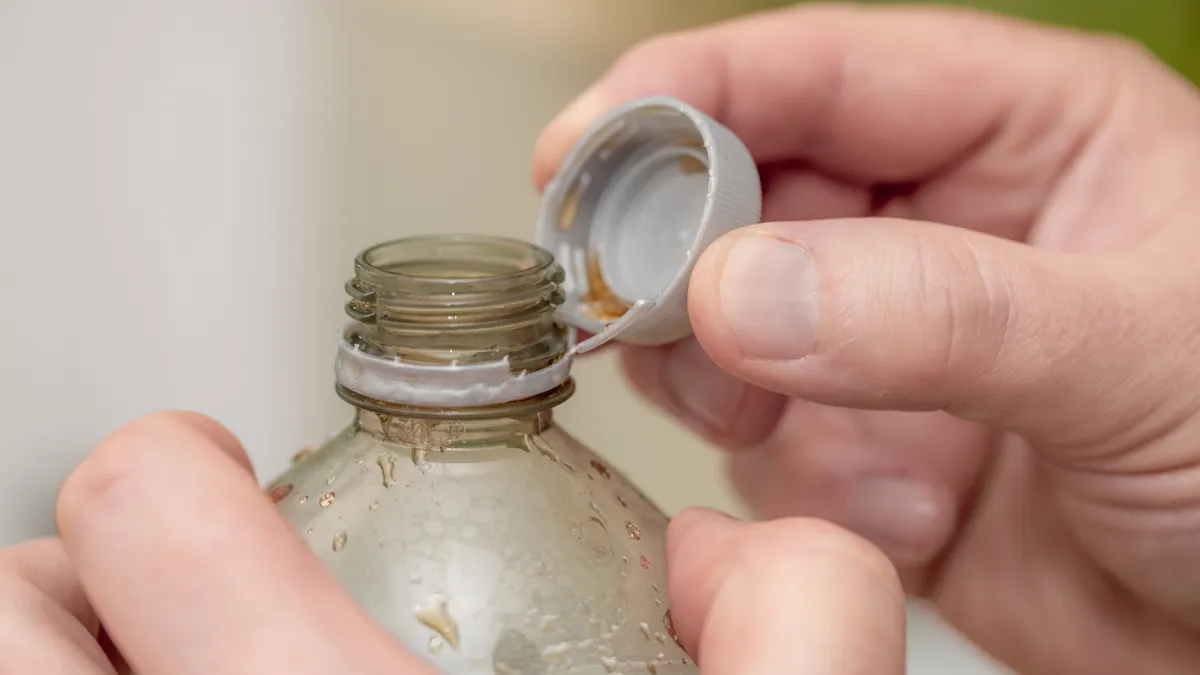Active state legislatures in recent years teed up numerous changes in 2024 that packaging stakeholders and consumers will notice. These are some laws coming into force:
California
Thanks to an update expanding the state’s bottle bill through SB 1013, Californians can return wine and distilled spirits containers for a 10-cent redemption for most bottles. “Difficult to recycle” wine packaging including boxes, bladders, pouches and similar plastic containers carries a 25-cent refund. Under SB 353, any size container of 100% fruit juice or vegetable juice is accepted in the state’s program as of Jan. 1.
Colorado
Under the 2021 signing of HB21-1162, most retail food establishments such as grocery and convenience stores are not allowed to provide single-use plastic carryout bags to customers, as of Jan. 1. These stores can provide customers with recycled paper carryout bags at a fee of at least 10 cents each. Come April 1, 60% of those fee revenues must go to the municipality or county where a store is located.
Additionally, retail food establishments are now prohibited from distributing ready-to-eat food in expanded polystyrene food containers. The Plastic Pollution Reduction Act does not apply to any packaging materials used for pharmaceutical drugs, medical devices or dietary supplements.
HB22-1345, signed in 2022, dictates that as of Jan. 1, food packaging with intentionally added PFAS may not be distributed. The legislation defines food packaging as being composed substantially of paper, paperboard or other plant fiber-derived materials.
Colorado is also seeking to address consumer confusion around which products are compostable. As of Jan. 1, producers of products that are not certified as compostable are prohibited from using tinting, color schemes, images, labeling or words that are required for products that are certified compostable, “except for brand colors or colors used in a manner that is not clearly intended to indicate compostability.” Furthermore, producers of plastic products are prohibited from using words or imagery that could suggest the product could eventually break down or biodegrade.
Also thanks to SB23-253, signed in 2023, come July 1 producers will be required to have independent, third-party certification in order to market products as compostable, which they must clearly mark.
Connecticut
Container deposit values in Connecticut doubled from five to 10 cents on Jan. 1, under a 2021 law updating the state’s 1980 bottle bill. Connecticut’s increase comes as the Container Recycling Institute reported in 2023 that redemption rates have been mostly flat in most of the 10 states with bottle bills. Connecticut’s most recently reported rolling four-quarter redemption rate, through Q1 of 2023, was 43.7%.
Hawai’i
Come Dec. 31, Hawai’i will ban the manufacture or sale of food packaging — wraps and liners, plates, food boats and pizza boxes — with any intentionally added PFAS.
Illinois
Under HB2086, signed in 2023, restaurants or retailers are allowed to fill or refill consumer-owned containers with ready-made or bulk food as of Jan. 1. Food establishments must adhere to multiple health and safety requirements to prevent cross-contamination.
Maryland
Under a law signed in 2022, Maryland prohibits the manufacture and sale of paper, paperboard or plant fiber-based food packaging with intentionally added PFAS, effective Jan. 1.
Minnesota
Intentionally added PFAS in food packaging is prohibited as of Jan. 1. Under statute 325F.075, the ban applies to all aspects of packaging, from unit packaging to shipping containers, and covers inks, tape, strapping and more.
New Jersey
New Jersey’s recycled content law, signed in 2022, takes force this year, with increasing demands in the years ahead. Standards for all regulated containers and packaging products begin Jan. 18. In 2024, required minimum recycled content thresholds are: 10% in rigid plastic containers, 15% in plastic beverage containers, 35% in glass containers (or 25% in containers made at least half from mixed color cullet), 40% in paper carryout bags and 20% in plastic carryout bags. S2515 also bans polystyrene packing peanuts.
Oregon
Through SB 545, signed in 2023, restaurant patrons will be allowed to bring their own containers to carry food away, effective June 30.
Rhode Island
Rhode Island has a statewide single-use plastic checkout bag ban as of Jan. 1, following numerous communities in the state that previously took that step. After such a proposal was first introduced in 2013, HB7065 sealed the deal in 2022 and affects grocery stores, drug stores and other retail businesses. The legislation clarifies that the ban does not apply to certain types of plastic bags, such as those used to contain loose produce or for dry cleaning.
Stores can still offer recyclable paper bags, as well as recyclable cardboard boxes and reusable bags. The legislation says it’s important to incentivize the use of reusable bags, which it defines as a cloth or durable plastic bag with stitched handles designed for at least 125 reuses — specs meant to avoid simply transitioning to thicker plastic bags.
Come July 31, Rhode Island is banning food packaging that is made or sold in the state from containing intentionally added PFAS.
Washington
Starting in May, Washington will no longer allow PFAS-containing bags and sleeves, bowls, flat service ware (like plates and trays), open-top containers (like french fry cartons and food cups) and closed containers such as clamshells. This follows similar PFAS-containing food packaging bans that took force in February 2023 on wraps, plates, food boats and pizza boxes. The bans apply to paper or other plant fiber packaging with intentionally added PFAS.
What other newly enacted policies are on your radar? Let us know at [email protected].



